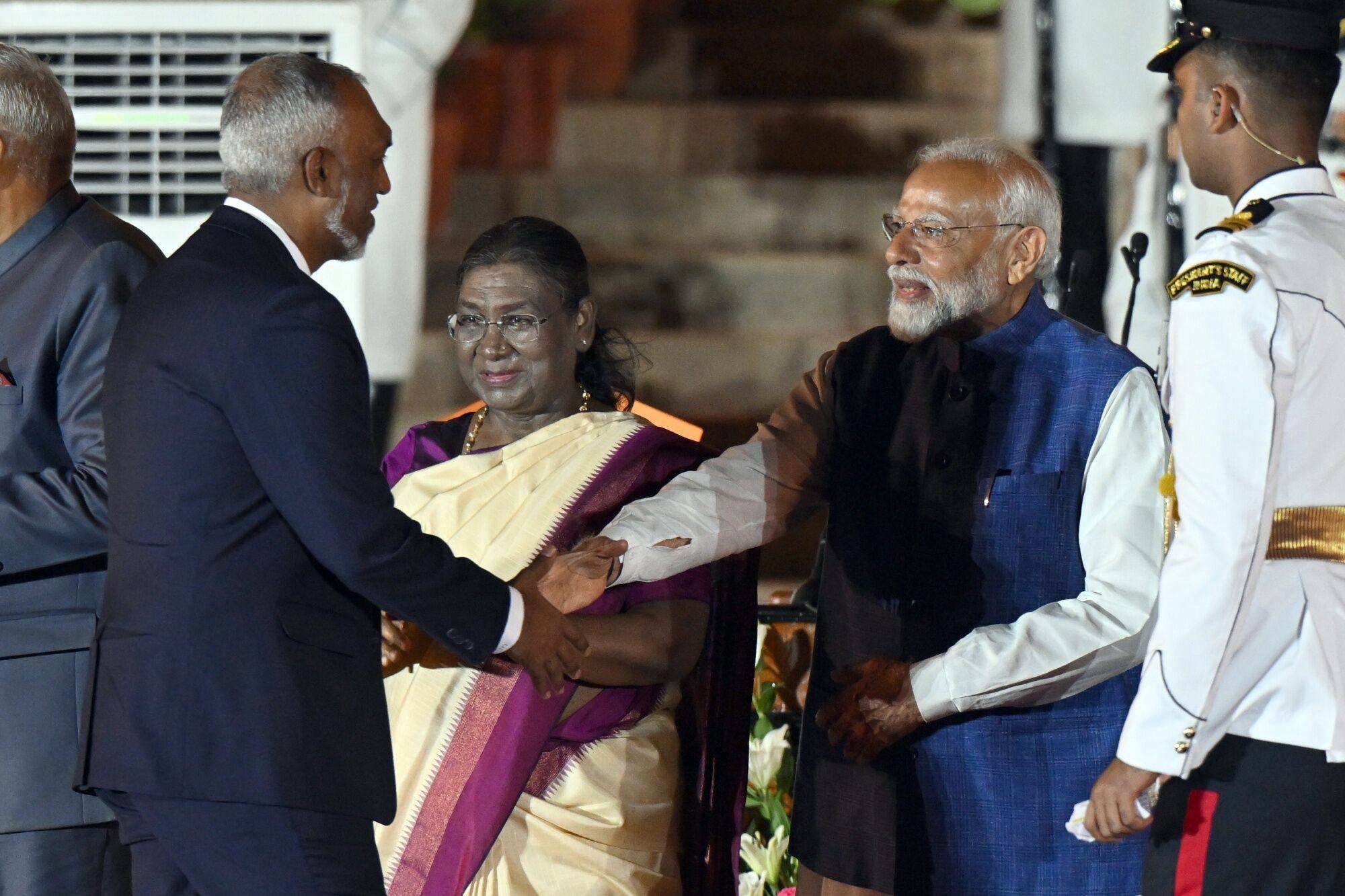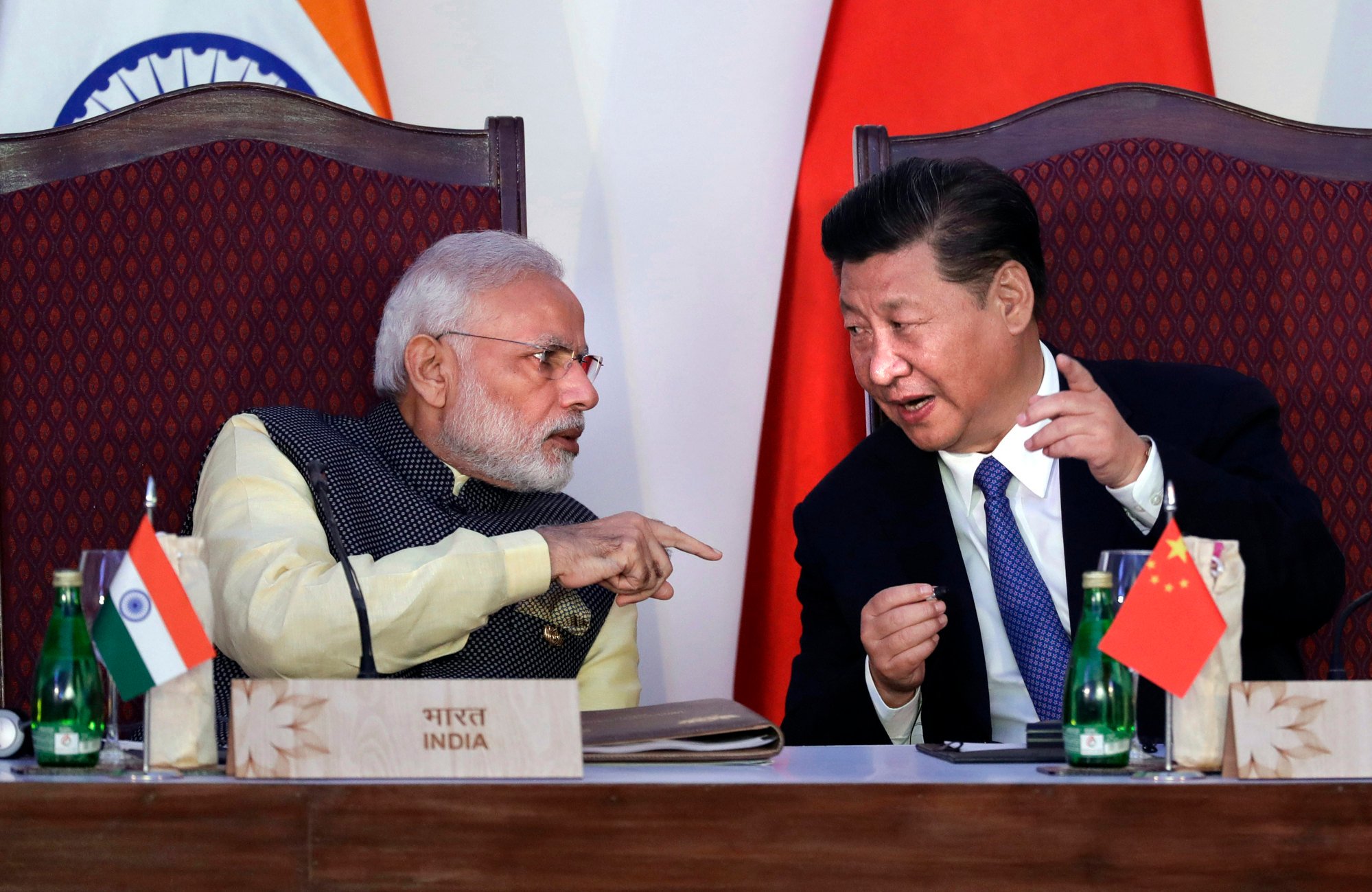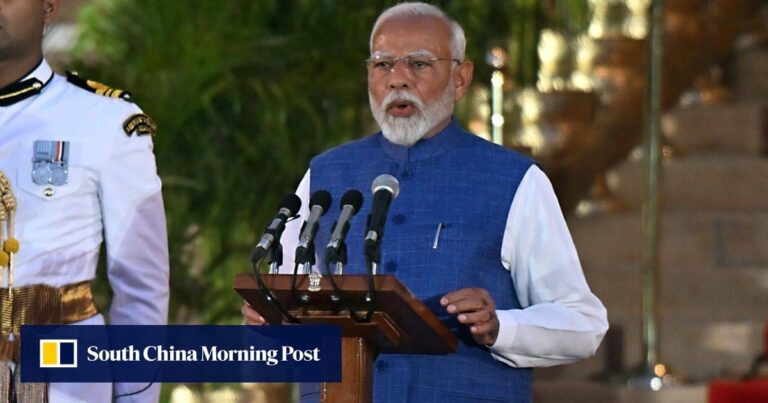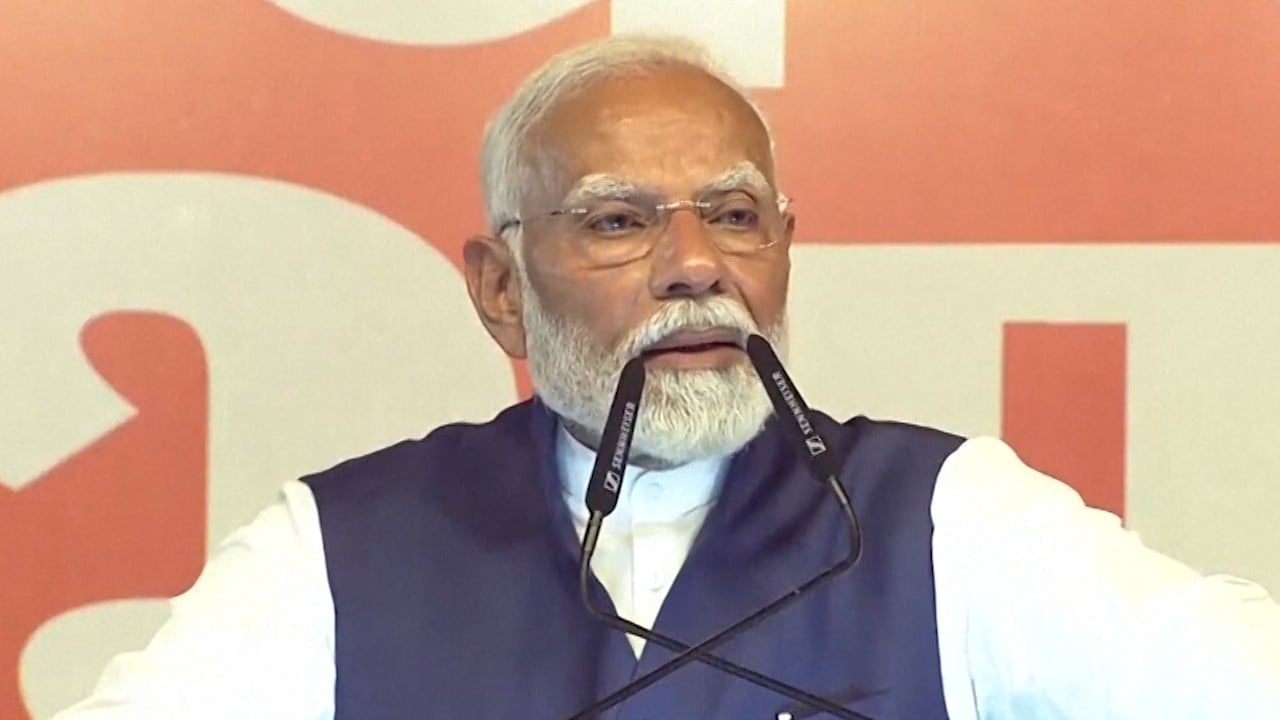“After all, Pakistan has not been able to control terrorism in its country. It is because the Indian government [terrorist groups]”You can’t talk to Pakistan,” said Pushpesh Pant, former dean of the School of International Studies at Delhi’s Jawaharlal Nehru University.
Pakistani representatives were invited to Prime Minister Modi’s inauguration ceremonies in 2014 and 2019.
The prime minister’s Bharatiya Janata Party failed to secure a majority of seats in this year’s elections, forcing it to turn to other parties to stay in power. Despite his reliance on a coalition, Modi signaled his foreign policy stance would not change by excluding Islamabad from the weekend ceremony, Pant said.
Analysts said the reappointment of External Affairs Minister S. Jaishankar on Sunday further reflected India’s desire for continuity in foreign policy.
Pant said the BJP’s criticism of Pakistan during the election campaign and its accusation that opposition Indian National Congress leader Rahul Gandhi was receiving support from Islamabad showed where Prime Minister Modi’s priorities lie.
Harsh Pant, a professor of international relations at King’s College London, said the Indian government is unlikely to make any major changes to its foreign policy. He said Modi’s new government is expected to continue prioritizing a “neighborhood first” strategy by strengthening ties with South Asian countries and elsewhere.

“China is in this neighborhood… and thanks to India, they [South Asian countries] “India needs to cooperate if they are to do a better deal with China,” said Sreerada Dutta, a professor of international affairs at Jindal Global University in Haryana. “Right now, relations with the Maldives are pretty tense, but they know they need India.”

One of the beneficiaries of India’s recent bailout is heavily indebted Sri Lanka, which has received more than $4.5 billion in economic and humanitarian assistance from New Delhi. The Maldives has also sought debt relief from India, and as of last year it had an estimated $400 million in outstanding loans to New Delhi, despite ongoing tensions between the two countries.
Dutta said India’s rapid economic growth will encourage neighbouring countries to continue engaging with the country.
“They will want to keep the channels of communication open with China, but they will also want to maintain a certain level of engagement with India.”
“Interactions with China are extremely calm and the two countries are talking about dialogue. They are trying not to let relations deteriorate,” Joshi said.
In an interview with Newsweek magazine in April, Modi said India’s relationship with China was important and he hoped the border dispute would be resolved.
As a result, India-US relations are expected to reach new heights, said Chris Blackburn, a London-based international relations analyst.
“Prime Minister Modi and his team have worked hard to position India on the world stage. India has excellent relationships with many influences that can check Chinese dominance.”


